I remember a particular visit to my grandmother’s house many years ago with my parents and brothers. My father and his mother loved to talk politics. At one point, my grandmother, sensing that my mother was bored out of her mind, looked at my mom and said, “You may not be interested in politics now, but someday you’ll realize how important political affairs are and how they impact your whole life.” My grandmother’s words never changed my mother’s mind, but they have stuck with me all these years. I’ve come to realize she was right. When you boil politics down, you have policies that govern every aspect of our lives here in the US. And these policies matter.
Despite that enlightening conversation I overheard as a teen, my grandmother’s words would lie dormant for quite a while in the otherwise fertile soil of my young mind. Years later, a busy life of family and work left me little space for becoming informed of political affairs. My apathy towards politics blinded me to the intersection of political life and my own life. But as my grandmother’s words began to germinate, I discovered I had a lot to learn.
At some point, I had become a single-issue voter, regardless of how many other important issues were on the ballot. I chose a candidate based on where they stood on this seemingly all-important issue without thinking about and researching whether there were other issues this candidate stood for that might negatively impact me or others in the broader community. I also never considered other aspects of this over-arching issue. I discovered I had been wrong in voting this way. It's like hiring someone solely based on one characteristic without looking to see if they are truly qualified. Yet that was how I hired with my vote. Resolutions and referendums on the ballot were reduced to questions like “What's in it for me?” and “How will this impact me?”. To ignore the rest of a candidate’s platform or a referendum’s implications was at least ignorant and selfish and at most reckless.
Moving from a single-issue voter to voting on a broad array of issues takes thoughtfulness and intention. I had to broaden my perspective and consider the impact of what and who I was voting for. And I had to put the good of the country over loyalty to any party. I’ve realized that a democracy does not exist for the purpose of a select few, but for the good of all people. As a citizen, I have to take a stand on issues that impact all of us, including, but not limited to, the pandemic, racial injustice and oppression, climate change, job opportunities, education, medical care, and food and housing insecurity. These topics have far-reaching consequences for every person in this country and issues like climate change impact the entire world. All of these issues are on the ballot this year.
As Christians, where does the kingdom of Jesus intersect the world of politics? In Jesus' day, His followers expected Him to overthrow the Roman government. Instead Jesus ushered in a kingdom of love, reconciliation, justice, grace, and truth that operated within the framework of the existing government. While the disciples didn’t have the right to vote, we as US citizens cannot take this precious right lightly nor exercise it in a vacuum. Becoming knowledgeable of today’s issues with God’s wisdom allows us to change our society to be more just to all people, not just for an elite few. We each have a voice. Our voice is our vote.
How do we vote as Christians? To vote by biblical principles means to first become informed. For ballot initiatives, check out government websites that explain the referendums. Regarding candidates, look at their websites to find out where they stand on issues. Compare their views with their opponent’s and compare the platforms of the major political parties. Listen to and/or read news that is reputable (not on social media).
Secondly, take the information you glean and run it through what I call the “Grid of Love”, a template through which we can test the issues and the candidates based on John 3:16* that tells of God’s love and sacrifice for the whole world. This Grid of Love uses God’s principles of love, reconciliation, justice, grace, and truth to help us discern God’s heart and mind as we sift through the issues.
1 – Love – Matthew 22:37-40 – Our key verse for today is about Jesus’ greatest commandments of loving God and our neighbors. Love must be at the forefront when we think about a political issue. Ask yourself whether the issue or the candidate’s platform shows love to people, keeping in mind God’s particular concern for the poor and the oppressed.
2 – Reconciliation – 2 Corinthians 5:18-20* – Ask yourself how this issue or candidate enables us to be ambassadors of reconciliation so people understand who God is and will want to be reconciled to Him. Does this issue or candidate divide people or bring them together?
3 – Justice – Micah 6:8* – Consider whether this issue or candidate establishes justice or oppression. Sometimes what is legal is not just. Again, keep in mind God’s deep passion and love for the poor and the oppressed.
4 – Grace and Truth – John 1:14* - Grace and truth can exist simultaneously when we consider all the angles, when we allow our consciences to be informed by the Holy Spirit, and when we consider God’s character and His desires for humankind. When we consider the truth or the legalities, add the dimensions of grace and compassion. How does the issue impact all groups of people? How would you feel if you were in an impacted group? Ask yourself how you would wish to be treated in this situation.
When we use the Scriptures to inform our response, the Holy Spirit has an opportunity to engage our consciences. We may come to different conclusions (Romans 14:4-5*) but if we are sincere in our approach, research, and prayer, and we’re being led by the Holy Spirit without being under the influence of political parties or religious groups’ political persuasions, we can decide confidently for ourselves and know in our hearts and consciences that the Holy Spirit is guiding us. Our vote matches our convictions when we’ve thoughtfully wrestled with the issues with the help of the Holy Spirit and the guiding principles of love, reconciliation, justice, grace, and truth. It’s important that we don’t judge others for their conclusions as we would not want them to judge us (Matthew 7:1*).
Let’s view the ballot, not with myopic eyes for only one issue, but with foresight toward the horizon, encompassing many issues, for a better, healthier, and more just society for all. Let’s be the hands and feet of Jesus as we bring His values of love, reconciliation, justice, grace, and truth to shape the policies that will affect the common good, including our own good. Maybe, then, we will all share hope for the future, a better future for us, our neighbors, and our country.
The seeds planted by my grandmother in my adolescent mind have germinated and blossomed into an interest in political affairs that still surprises me. I think she would be proud of me for picking up her mantle and carrying it forward. And I believe our heavenly Father is also proud of us when we live out His commandments of love by showing we care about all our neighbors in how we vote at the ballot box.
Lord God, I thank You that Your kingdom is based on love, reconciliation, justice, grace, and truth. May I live out my faith by loving You with all my heart, soul, and mind and all my neighbors as myself. Where politics intersects my life, may Your Holy Spirit be my guide. Grant me Your wisdom to choose wisely at the ballot box so that Your grace and compassion will be evident to all. In Jesus’ Name, Amen.
*John 3:16 - For God so loved the world that he gave his one and only Son, that whoever believes in him shall not perish but have eternal life.
*2 Corinthians 5:18-20 - All this is from God, who reconciled us to himself through Christ and gave us the ministry of reconciliation: that God was reconciling the world to himself in Christ, not counting people’s sins against them. And he has committed to us the message of reconciliation. We are therefore Christ’s ambassadors, as though God were making his appeal through us. We implore you on Christ’s behalf: Be reconciled to God.
*Micah 6:8 -He has shown you, O mortal, what is good. And what does the LORD require of you? To act justly and to love mercy and to walk humbly with your God.
*John 1:14 - The Word became flesh and made his dwelling among us. We have seen his glory, the glory of the one and only Son, who came from the Father, full of grace and truth.
*Romans 14:4-5 - Who are you to judge someone else’s servant? To their own master, servants stand or fall. And they will stand, for the Lord is able to make them stand. One person considers one day more sacred than another; another considers every day alike. Each of them should be fully convinced in their own mind.
*Matthew 7:1 - “Do not judge, or you too will be judged.”
Note: Inspiration for this blog post is from Voting by the Book which appeared in the May/June 2008 issue of Discipleship Journal magazine (Issue 165).
Want to subscribe to future posts? Click here.
Text and photograph copyright © 2020 by Dawn Dailey. All rights reserved. Photo of a lone tree in Paradise, near Queenstown, New Zealand.
A NOTE ABOUT RACIAL JUSTICE: The conversation on racial justice must continue. But change will not happen with only conversations and demonstrations. Legislation is the key for change. Cast your vote for candidates who pledge to dismantle systemic racism. Antiracism is a journey. Will you join me? (Please see previous posts entitled Waking Up, Loving Mercy, and Humbly Walking.)
All scripture quotations, unless otherwise indicated, are taken from the Holy Bible, New International Version®, NIV®. Copyright ©1973, 1978, 1984, 2011 by Biblica, Inc.™ Used by permission of Zondervan. All rights reserved worldwide. www.zondervan.com The “NIV” and “New International Version” are trademarks registered in the United States Patent and Trademark Office by Biblica, Inc.™
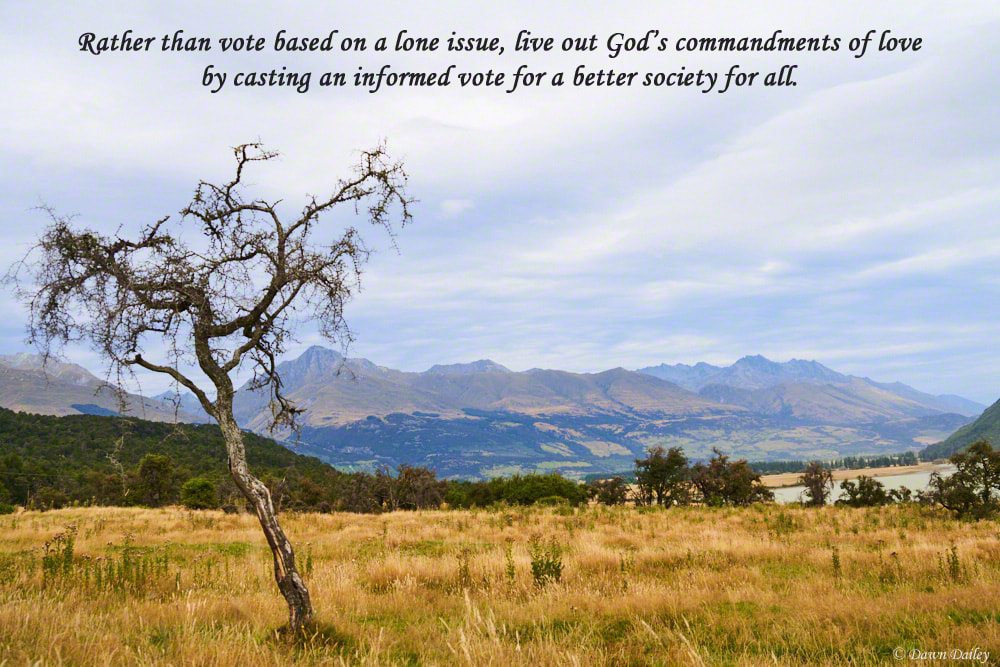
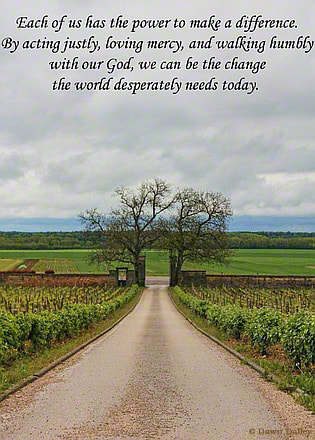

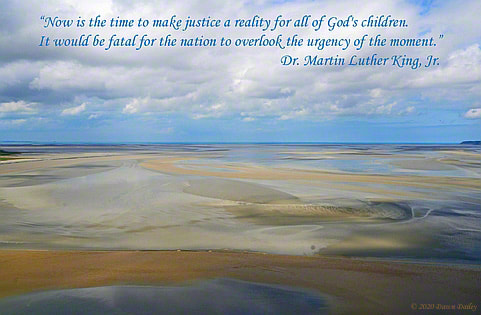
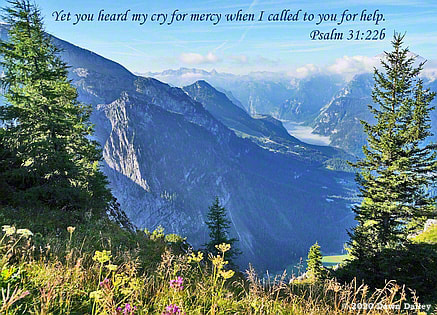

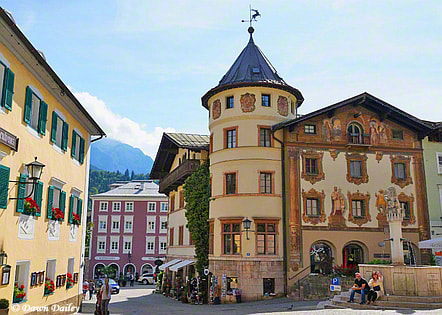
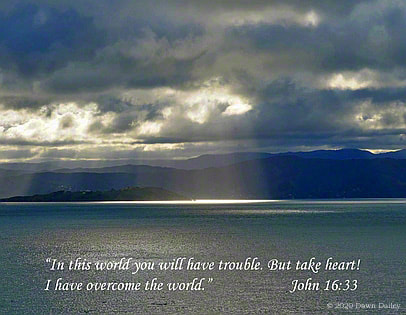
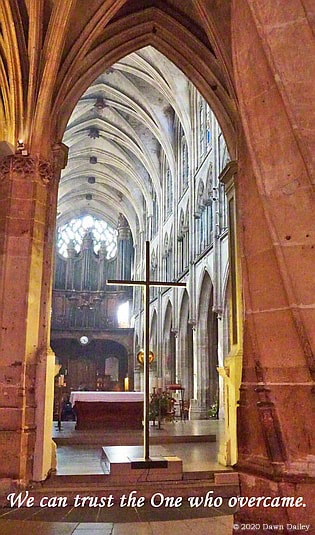
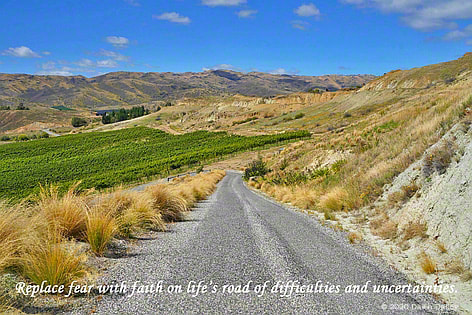
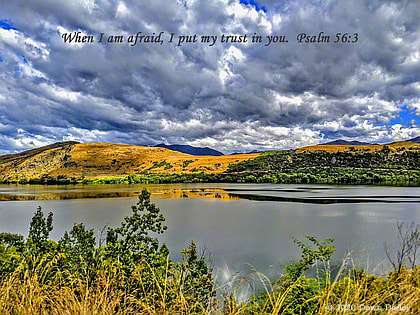
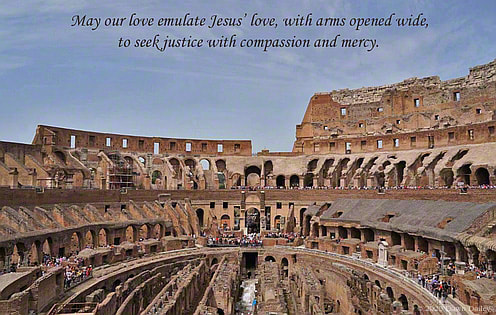
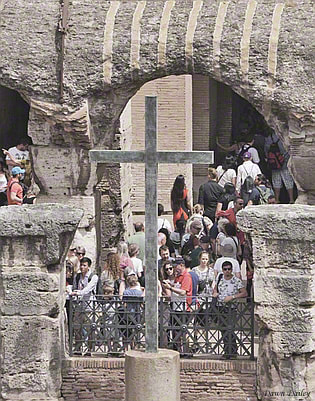
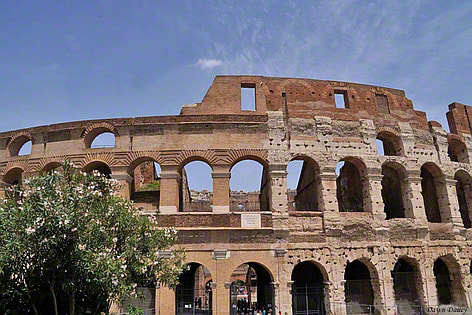
 RSS Feed
RSS Feed